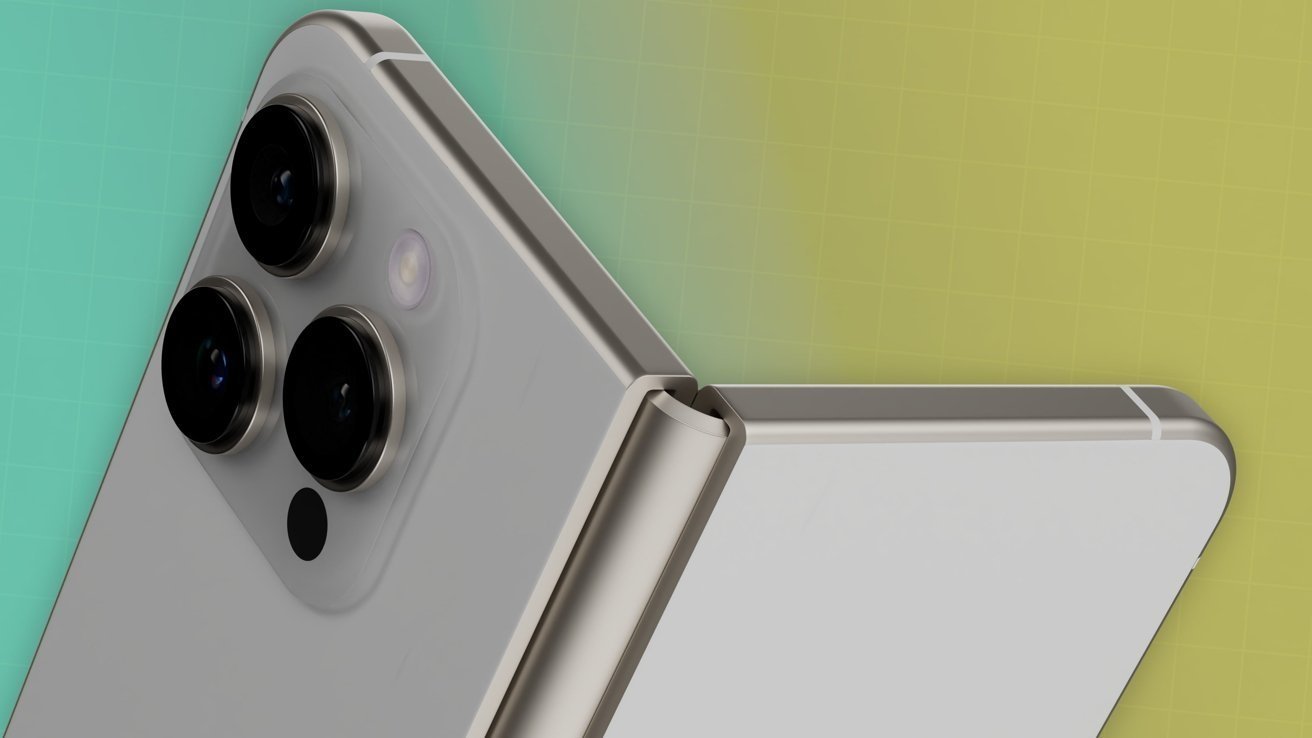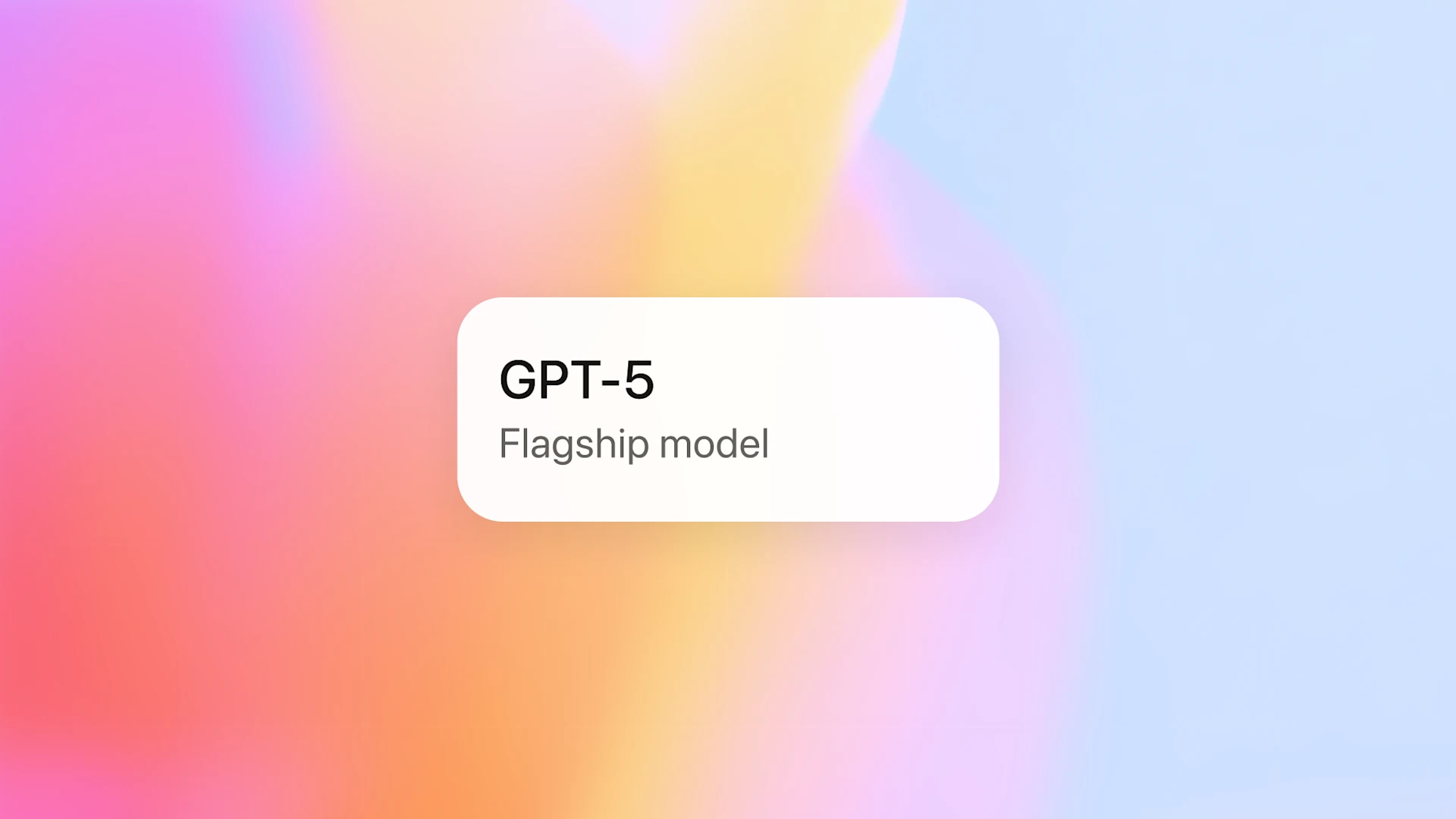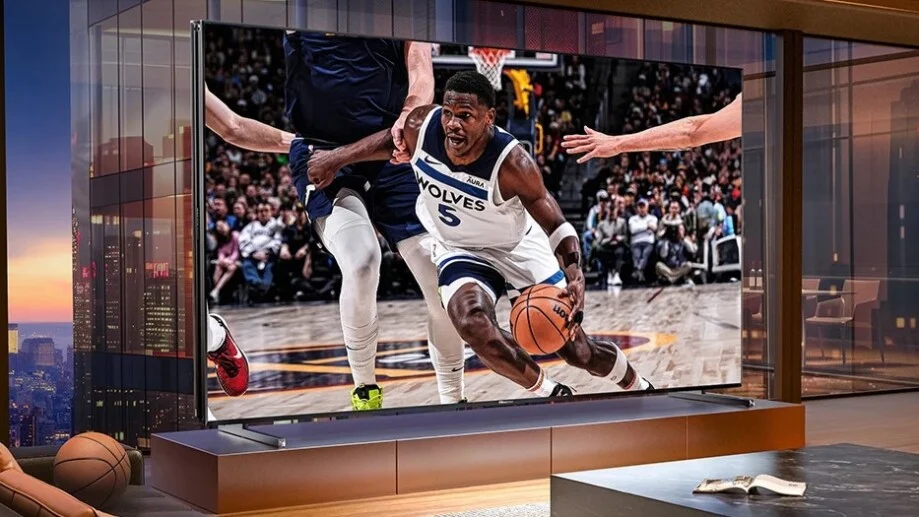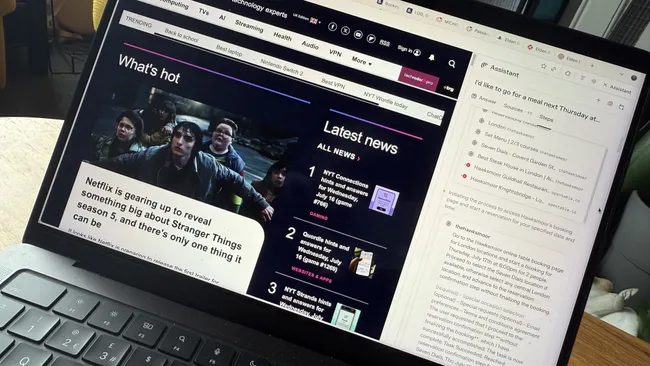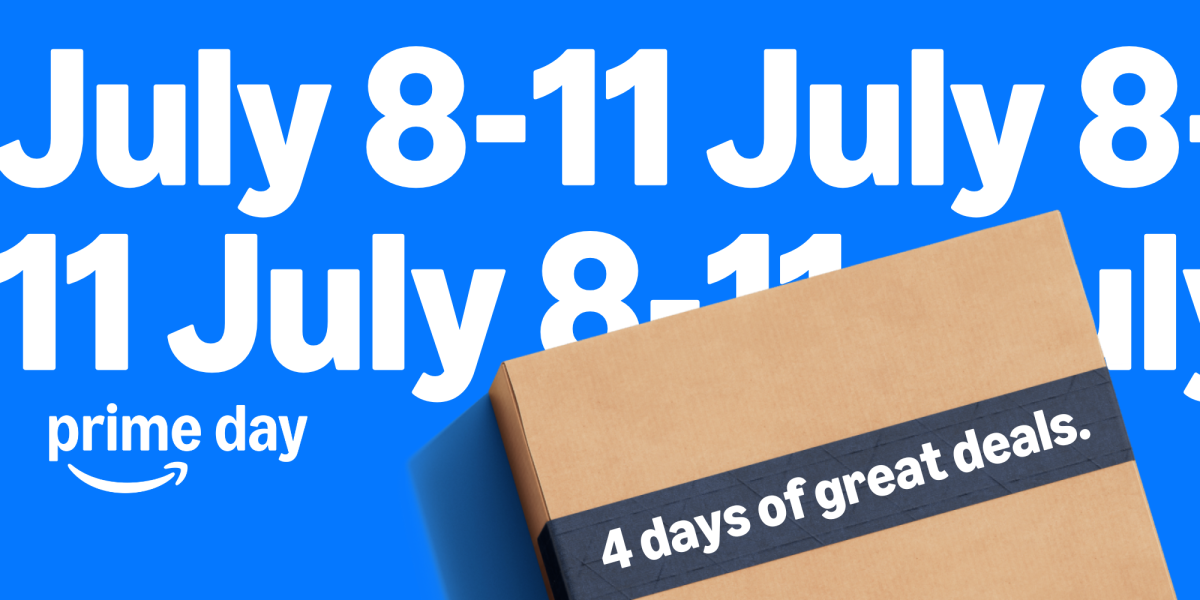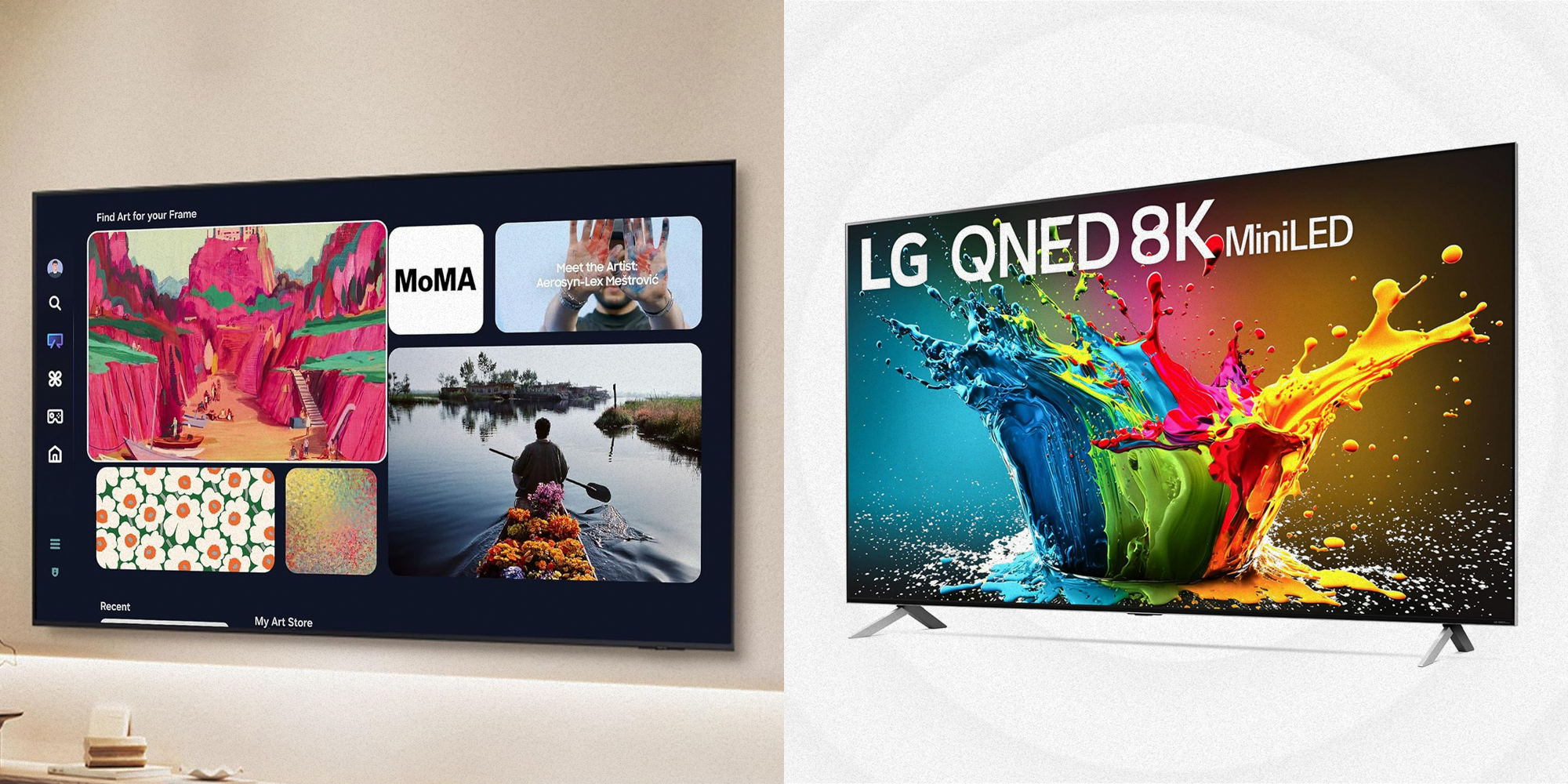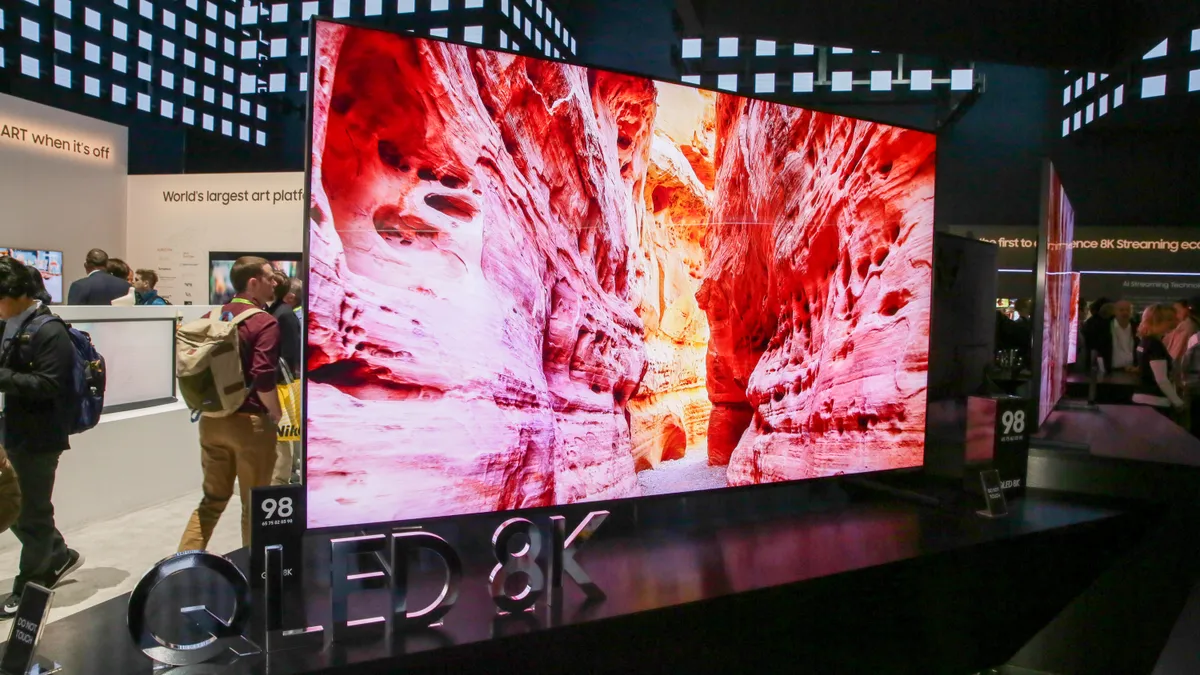Apple rumor mill is heating up again. Latest leak from Fixed Focus Digital (via MyDrivers) suggests the upcoming iPhone Fold will pack a massive 5,000–5,500 mAh battery—a first for Apple and well ahead of competitors like Samsung’s Galaxy Z Fold 7 (4,400 mAh) and Pixel 9 Pro Fold (4,650 mAh). Helpfully, Samsung Display is expected to supply the foldable screen.
The leak also tosses out a price tag north of $2,000. That lines up with current flagship foldables: Galaxy Z Fold 7 at $2K and Pixel 9 Pro Fold at $1,800.
Related: Apple Might Outsource Siri’s Brain—And That’s a Big Deal
Apple Battery Pivot
Apple is known for smaller battery specs—like the iPhone 16 Pro Max’s 4,685 mAh pack. If the iPhone Fold really hits 5,000 mAh+, that’s a significant shift—nearly matching high-end Android foldables. Chinese brands like Oppo and Honor have reached similar capacities using silicon-carbon cells, a tech Apple may adopt in future models.
Price v. Appeal
At ~$2,000+, the iPhone Fold would become Apple’s priciest device ever— into Mac Studio territory. Analyst Ming‑Chi Kuo has also floated $2,000–$2,500 as a likely price range.
That steep cost is a gamble. CNET recently surveyed U.S. shoppers and found:
- 64% aren’t interested in buying any foldable phone in the next year.
- Only 13% said that they are interested.
- The rest were either unsure (20%) or already own one (3%).
Main barriers: price (36%), durability fears (31%), unclear benefits (31%), impractical bulk (26%), with smaller concerns about camera quality and brand availability.
Check out: iPhones on sale at Amazon
A Niche with Potential
Foldables still occupy a niche at under 5% of smartphone shipments. But analysts like IDC and Forrester expect growth as battery life, price, and durability improve—especially when Apple joins the game.
Thomas Husson from Forrester predicts an Apple foldable (expected late 2026) could “legitimize and democratize” the category.
Will the iPhone Fold be a hit?
The iPhone Fold leak checks several boxes: bigger battery, premium build, and likely top-tier performance. But unless Apple tackles the price and builds genuine advantages (battery life, durability, usability), it risks being a luxury toy for early adopters—rather than a mass-market device.
One thing’s for sure: if Apple gets it right, it won’t just enter the foldable phone market—it’ll change it.

